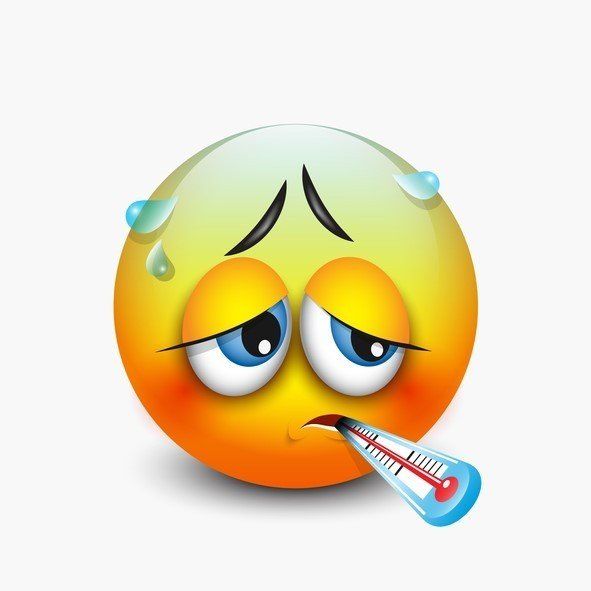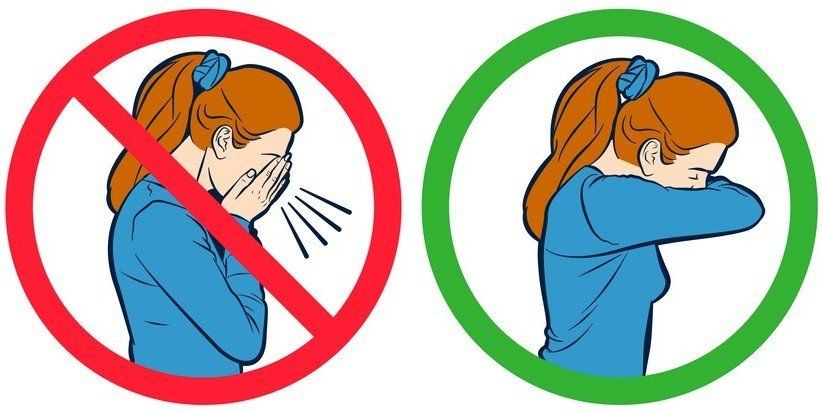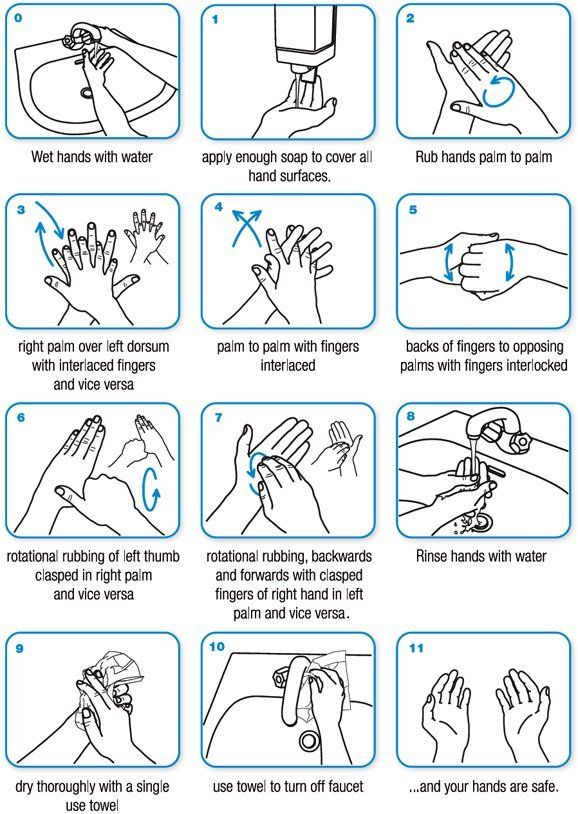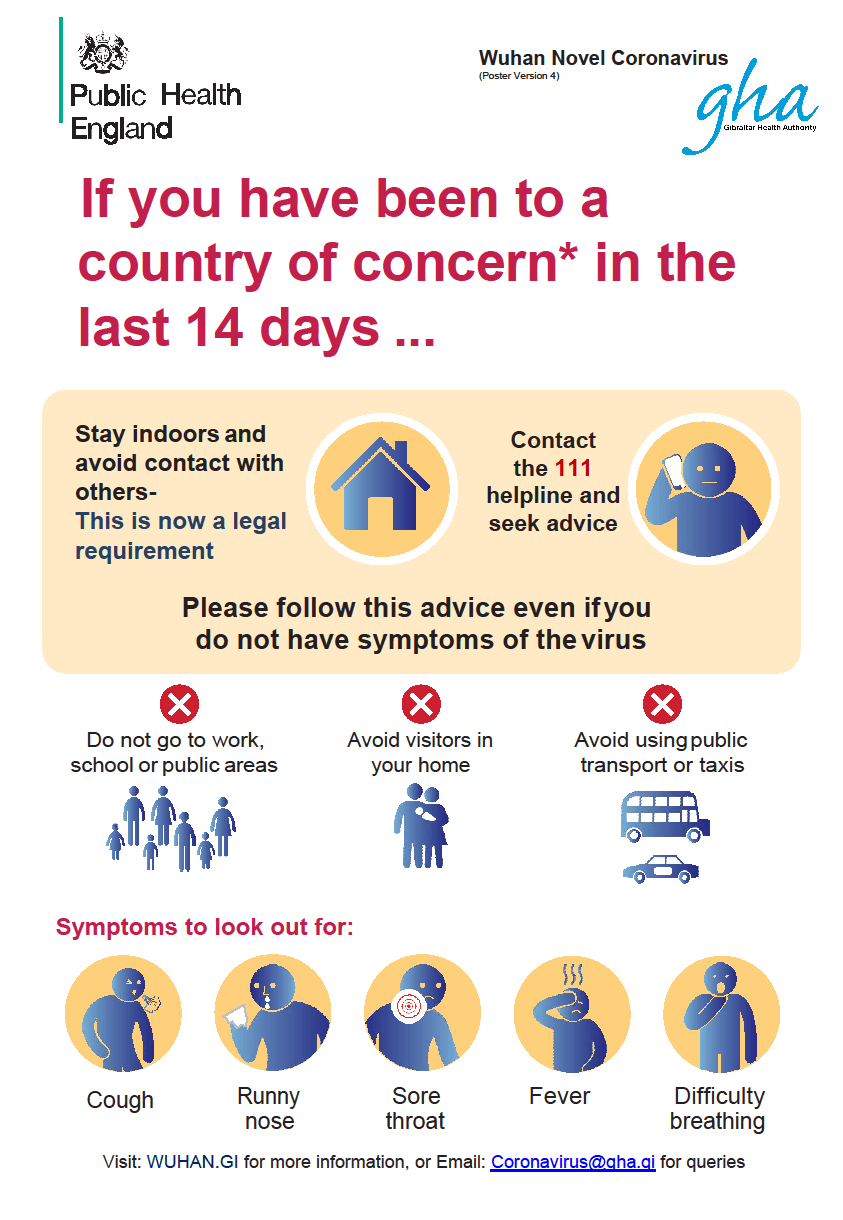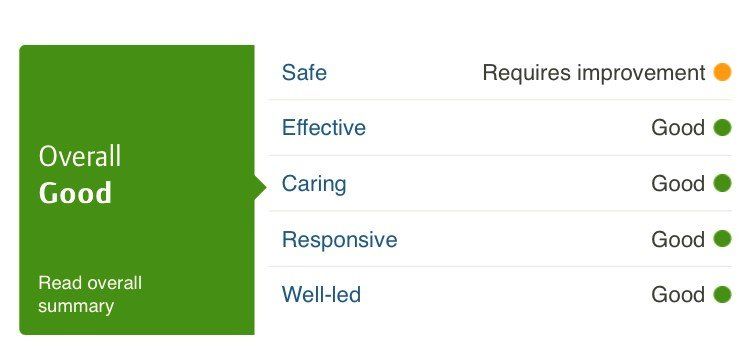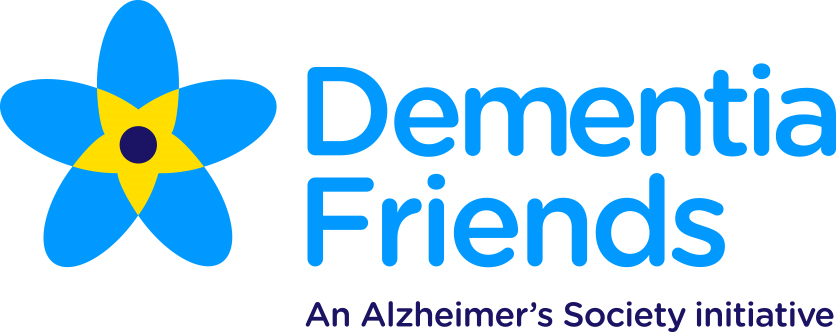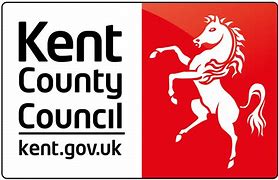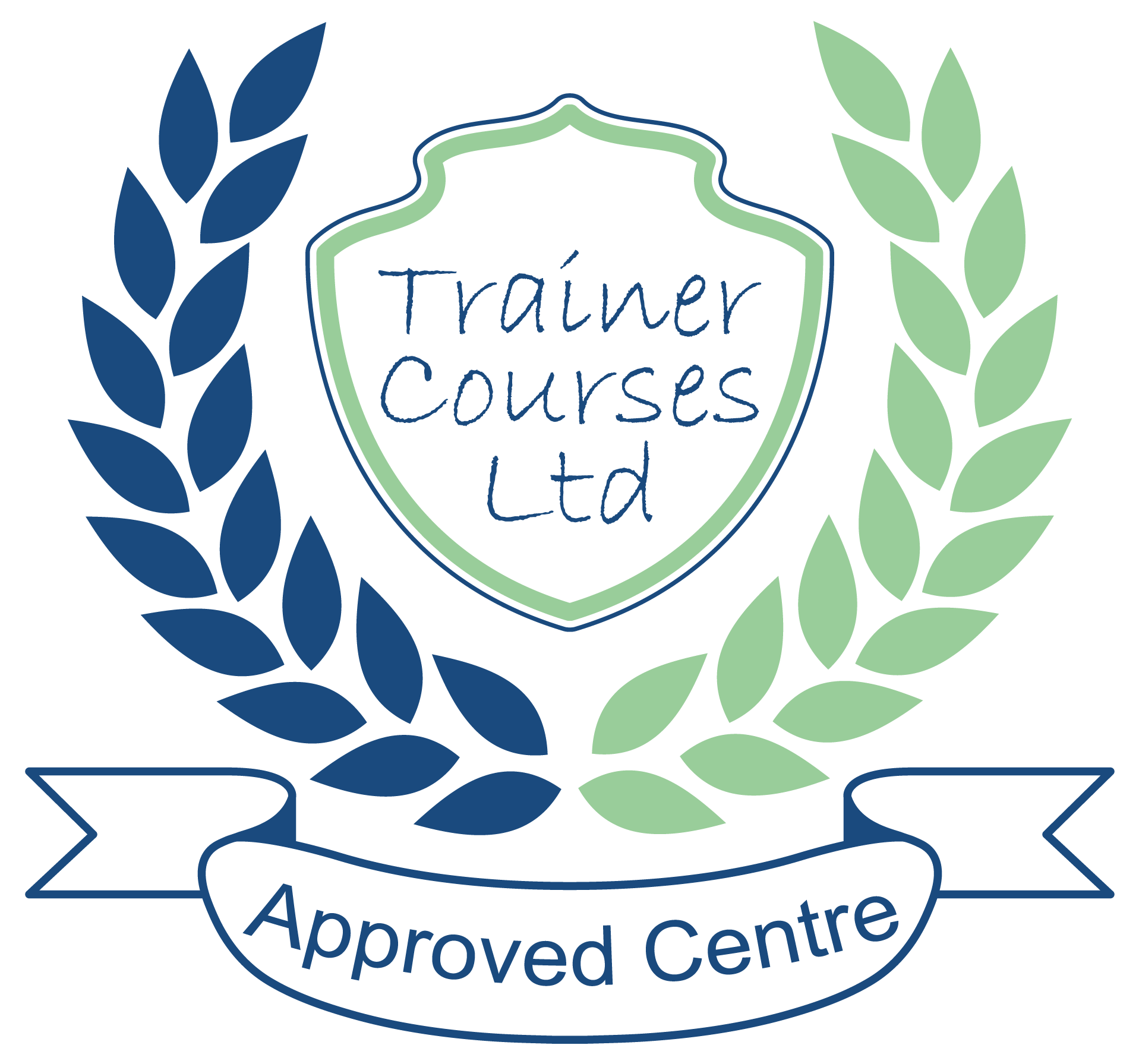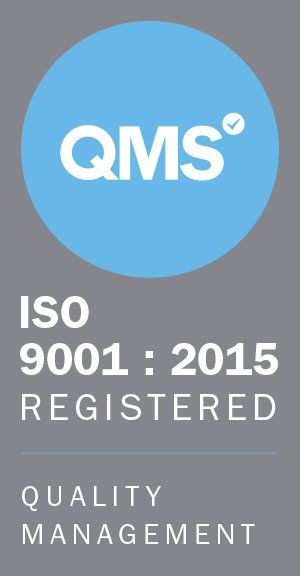Covid-19

Prepare4care ensure that all their Care Specialists are PCR tested weekly. This means that every single staff member is tested to ensure that the entire work force is free from COVID every single week. Prepare4care do not use the lateral flow tests, they only use the full NHS/Government recommended full PCR tests to ensure accurate results to protect the clients and their family/loved ones.
Our Care Specialists are offered the COVID and Flu vaccinations under the Government regulations.
Prepare4care have strict infection control and PPE measures. This means that every Care Specialist, that enters a clients property, must continue to wear a face mask that covers their mouth and nose fully, they wear aprons and gloves. They wash their hands after every task and disinfect all surfaces throughout the care visit.

